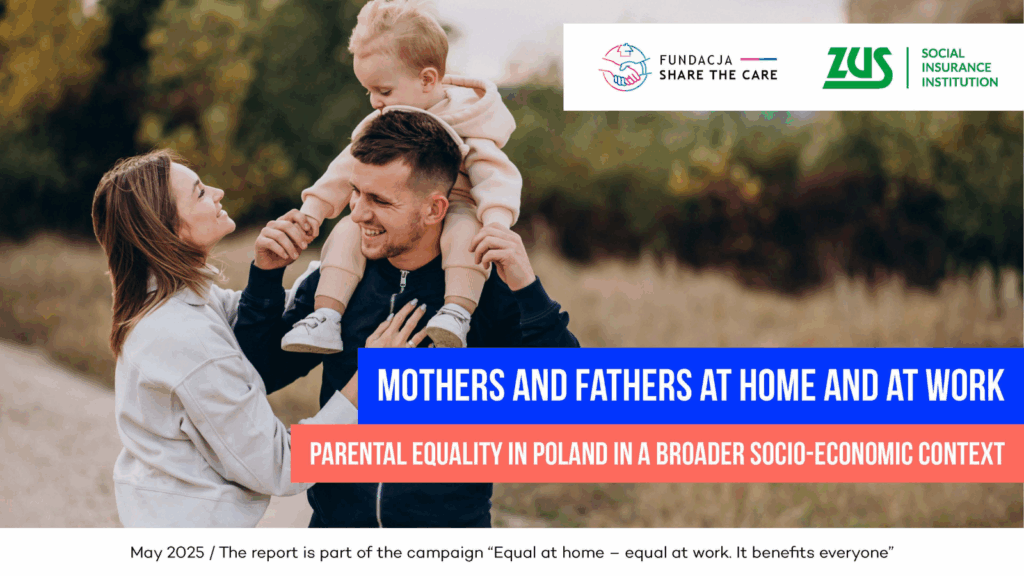The #MakeItWork campaign, spearheaded by the European Commission, is dedicated to championing the importance of achieving a harmonious work-life balance. Through this initiative, the Commission strives to raise awareness about the significance of balancing professional commitments with personal and family responsibilities.
Everyone deserves to be able to start a family when they want and to arrange their work in a way that works for them and their loved ones.
The EU guarantees you the right to a work-life balance so you can provide for your family without missing out on precious time with them. You and your family are covered by social protection, including access to health care services, and pensions.
Why do we need to take action on family in the EU?
- 48% of EU citizens say they are too tired from work to do household jobs at least several times a month.
- 30% of people surveyed said their job is preventing them from spending time with their family.
- 38% of parents who use organised childcare find it difficult to pay for it.
How is the EU taking action?
- 5 days to care for a member of your household
- 20 days for all full-time workers in the EU
- 4 months parental leave for parents to request in a way that suits them best (for example, in several blocks or part-time)
Balancing family life with your career
You care about your work, but you also want time for your personal life. You need to be able to plan where, when and how you’ll be working – and how much you’ll be earning.
- The EU guarantees you transparent and predictable working conditions. Thanks to the Directive on Working Conditions on this topic, you have the right to information on when and where you will be working, your job title, start date, end date (if applicable), paid leave, salary and your notice period.
- The law also limits probationary periods and includes measures to prevent the abuse of zero-hour contracts. Zero-hour contracts mean the employer does not have to guarantee a minimum number of hours. The employee cannot be sure of how many (if any) hours they will work in any given week or what their salary will be.
- EU law also ensures that you have enough time off in-between working days to rest and to dedicate to your personal life.
- The Working Time Directive gives you the right to at least 11 consecutive hours of daily rest. If you work more than 6 hours a day, you must be given a break.
- EU law enables you to claim at least 4 weeks of paid holidays per year.
Read more here.





